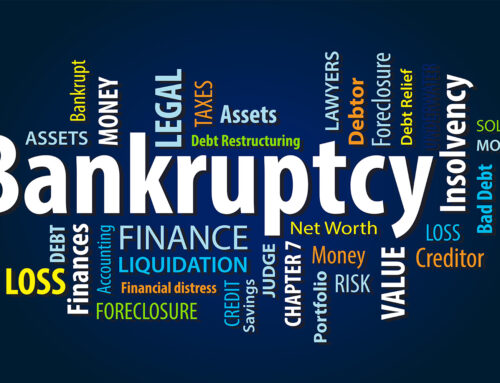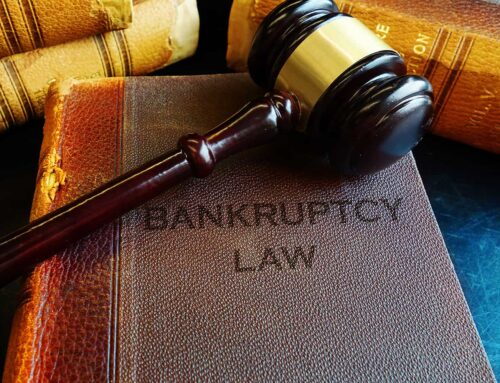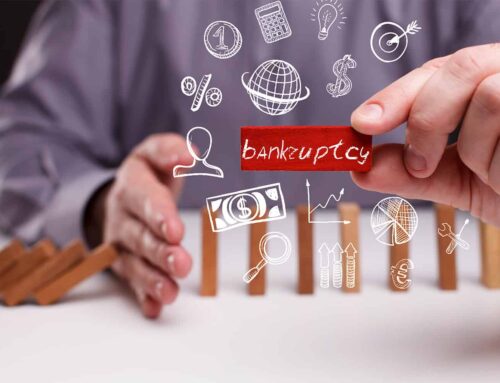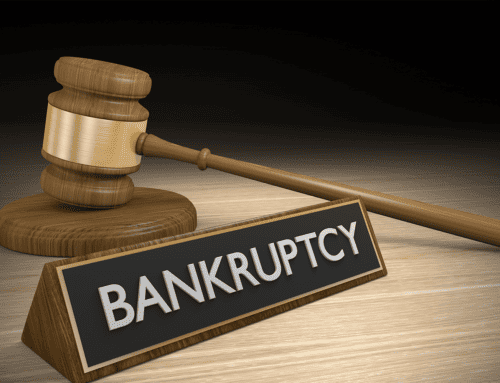An August 2020 survey by the U.S. Census Bureau that measures the pulse of small businesses in the U.S. revealed that nearly 75% of its respondents report a moderate-to-large negative impact due to the Covid-19 pandemic. The data collected in October also revealed that many respondents have yet to see the full effect the shut-downs have had on their businesses. Many retailers and hospitality businesses have already filed bankruptcy, and some closed their doors forever.
The Paycheck Protection Program (PPP) loan administered by the Small Business Administration (SBA) helped many small businesses stay afloat earlier in the year. The government has yet to reach an agreement to push through subsequent stimulus plans to help individuals and businesses keep going. Restrictions are still rampant across much of the U.S.,, with some cities mandating businesses limit operations to 25% capacity. Decreased capacity often means their income-to-debt ratio is not sustainable.
What’s a Business To Do?
Payroll and operations must be covered from business revenue before a profit can be realized. The PPP loan was established to cover this in the early months of the pandemic. Some companies didn’t see any money at all, while others felt it was a momentary reprieve from a longer-term issue, the impact of which they now feel. Entrepreneurship is not for the risk-averse or feint-of heart, anyway, but the added stress arising from the pandemic is enough to cause more than one sleepless night for even the most risk-tolerant.
Small businesses are a driving force of the U.S. economy. It is not only that business owners worry about their personal livelihood, but most also take great personal responsibility for the income of their employees, and by extension, their employees’ families. As a result, private business owners dip into savings, receive loans, and go without their own paychecks to keep business afloat for what they hope will be short-term. Eight months into the fracas of the Covid-19 pandemic, there is still no end in sight for many.
Options for Small Business Owners
While the U.S. government continues to be at a stalemate to approve another round of funding, small businesses are forced to research and pursue other options. No option is without cost, so the question becomes, what is the best thing for a particular business among what may be considered multiple bad options?
First, businesses can consider pursuing a line of credit, which would give them access to a pre-determined amount of cash, which can be withdrawn intermittently. In this setup, a business is approved for a certain amount, but they only have to pay for the amount used. For business owners who haven’t attempted additional financing and who see the light at the end of the tunnel, this may be an option. The SBA also has some funding options, each of which can bridge the gap and provide some much-needed help; however, owners must consider if it will be enough to carry them through. If not, they will be in an even deeper hole of indebtedness. Another option is to file bankruptcy.
Can Filing for Bankruptcy Save Your Business?
There are three options for business bankruptcy. First, Chapter 7 can in some instances result in the formal closing of a business and the dissolution of all its debts. In those cases you don’t owe any money, but you also have no business. However, in many cases small business are permitted to continue operating after the Chapter 7 bankruptcy petition is filed and the bankruptcy will have discharged all of the business debt. The answer to whether you will be allowed to continue operating your business after bankruptcy depends on several factors and must be determined prior to the filing of the bankruptcy.
Chapter 11 is the reorganization filing for all business entities except for a sole proprietorship. While Chapter 11 bankruptcies are more complex and can be cost-prohibitive for small businesses, a recent clause included this year could prove beneficial to filers. Another option for sole proprietors is to file Chapter 13 bankruptcy. In chapter 13, you can file on both personal and business debts. If you run a service oriented business without a lot of assets or overhead, the option allows you to stay operational while getting monthly expenses down to an affordable rate.
If you or someone you know is struggling to keep their business afloat, please don’t hesitate to contact the Law Offices of Brent George. A consultation with a qualified bankruptcy attorney to understand your options can be invaluable during these hard times. We are here to help.






